Evidence-Based Health & Fitness Insights
Healthy Weight Loss Management Tips for Residents of Las Vegas, Nevada
Healthy Eating Habits
Adopting healthy eating habits is foundational for weight management. Here are some key strategies:
- Balanced Diet: Focus on a diet rich in fruits, vegetables, lean proteins, and whole grains. Avoid processed foods and excessive sugar intake.
- Portion Control: Be mindful of portion sizes. Using smaller plates can help control portions and prevent overeating.
- Regular Meals: Eat at regular intervals to maintain energy levels and avoid extreme hunger, which can lead to overeating.
Exercise and Physical Activity
Incorporating regular exercise into your routine is crucial for weight management. Here are some effective tips:
- Aerobic Exercise: Aim for at least 150 minutes of moderate-intensity aerobic activity each week. This can include walking, jogging, cycling, or swimming.
- Strength Training: Include muscle-strengthening activities on 2 or more days a week. Strength training helps build muscle mass, which can increase metabolism.
- Stay Active: Find activities you enjoy to make exercise a regular part of your lifestyle. Local gyms and fitness centers in Las Vegas offer various classes and programs.
Lifestyle Modifications
Making small but impactful lifestyle changes can significantly aid in weight management:
- Sleep Well: Ensure you get 7-9 hours of sleep per night. Quality sleep regulates hormones that control hunger and appetite.
- Stress Management: Practice stress-reducing activities such as yoga, meditation, or hobbies you enjoy. Chronic stress can lead to emotional eating and weight gain.
- Hydration: Drink plenty of water throughout the day. Staying hydrated helps control hunger and supports overall health.
Mental Health and Weight Loss
Mental health is an integral part of weight management. Addressing emotional and psychological factors can lead to more sustainable results:
- Mindful Eating: Pay attention to what you eat and how you feel during meals. Avoid distractions like TV or smartphones while eating.
- Positive Mindset: Set realistic goals and celebrate your progress. Focus on the positive changes you're making rather than just the numbers on the scale.
- Support System: Surround yourself with supportive friends and family. Joining a weight loss group or working with a coach can provide accountability and encouragement.
Professional Guidance
Seeking professional help can enhance your weight loss journey. Elite Body Data offers personalized support to help you achieve your goals:
- Nutrition Counseling: Work with a registered dietitian to create a customized meal plan that meets your needs and preferences.
- Fitness Coaching: Engage with a fitness coach to design an exercise program tailored to your abilities and goals.
- Behavioral Therapy: Consider behavioral therapy to address emotional eating and develop healthier coping strategies.
Conclusion
Achieving and maintaining a healthy weight is a continuous journey that requires commitment and support. By following these healthy weight loss management tips, you can make sustainable changes that improve your overall well-being. Elite Body Data is here to guide you every step of the way.
Frequently Asked Questions
Q1: What is the best way to start a healthy weight loss journey?
A1: Begin by setting realistic goals and creating a balanced diet plan. Incorporate regular physical activity and make small, sustainable lifestyle changes to ensure long-term success.
Q2: How can portion control aid in weight management?
A2: Portion control helps prevent overeating by managing the amount of food consumed in one sitting. Using smaller plates and being mindful of serving sizes can help maintain a healthy diet.
Q3: Why is it important to include both aerobic and strength training exercises in a fitness routine?
A3: Aerobic exercises improve cardiovascular health and burn calories, while strength training builds muscle mass, which can boost metabolism and aid in weight management.
Q4: How does stress affect weight loss efforts?
A4: Chronic stress can lead to emotional eating and weight gain. Managing stress through activities like yoga, meditation, and hobbies can support weight loss by reducing the urge to eat for comfort.
Q5: What role does hydration play in a healthy weight loss plan?
A5: Staying hydrated helps control hunger and supports bodily functions. Drinking water before meals can also reduce calorie intake by promoting a feeling of fullness.









